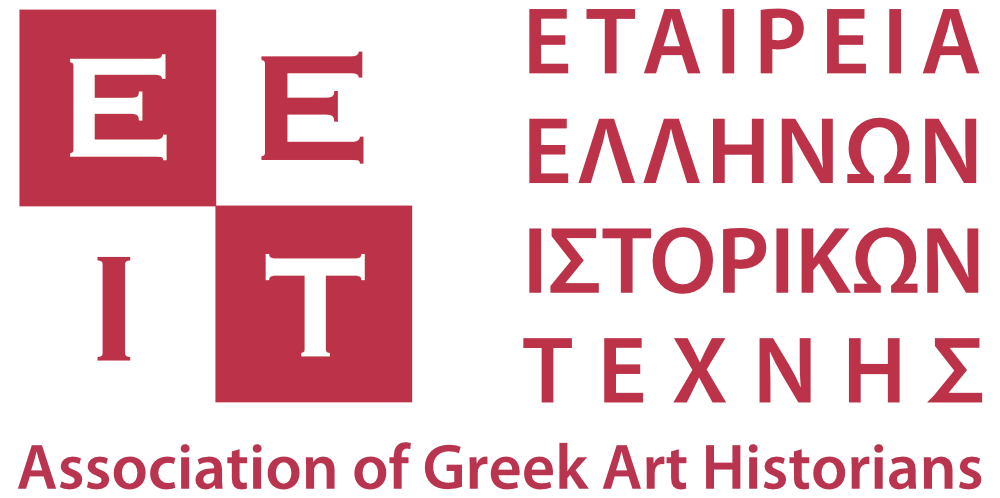The Association of Greek Art Historians organized a lecture by James Elkins on Friday, January 11, 2019 at the Amphitheater of the Benaki Museum, 138 Pireos Street, Athens, Greece.
The talk given by Elkins introduces his current book project, entitled The Impending Single History of Art: North Atlantic Art History and Its Alternatives. It proposes that despite recent interest in global artistic production, writing about art is characterized by a hegemony of Western theoretical discourses and related practices.
The first part of the lecture fouses on the increasing uniformity of writing about art. Contemporary art is still theorized using thinkers, such as Foucault, Lacan, Derrida, Butler and so on. There is virtually no piece of writing that looks to indigenous, local, or regional traditions of philosophy or criticism for its interpretive tools. A similar state of affairs can be observed in art criticism, studio art education, and fiction writing around the world.
In the second part of the lecture, James Elkins examines the global writing of art history. While the discipline tends to imagine there are practices of art history different from internationally acknowledged ones, Elkins suggests that this is not the case. He pays special attention to the unnoticed dissemination of European and North American models of art historical writing and the global use of principally western European theoretical models.
James Elkins is E.C. Chadbourne Professor in the Department of Art History, Theory, and Criticism, School of the Art Institute of Chicago.
The lecture was open to the public and was part of the Series of Lectures by Distinguished Art Historians organized by EEIT. It was delivered in English.

